All Stories
-
 Life
LifeAge isn’t just a number
Getting old happens faster for some, and the reason may be in the blood.
-
 Planetary Science
Planetary ScienceNew Horizons recovers from overload, is on track for Pluto flyby
New Horizons transmits the best pictures of Pluto to date shortly before the spacecraft went quiet over the weekend.
-
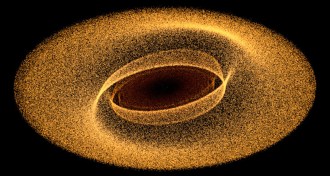 Astronomy
AstronomyBeta Pictoris planet makes waves
Spiral waves whip through the belt of debris around a young star — and it’s all a giant planet’s fault.
-
 Physics
PhysicsMagnetic test boosts case for record-setting superconductor
New measurements bolster the case that hydrogen sulfide is superconducting at about 200 kelvins, roughly 40 kelvins higher than any other known material.
By Andrew Grant -
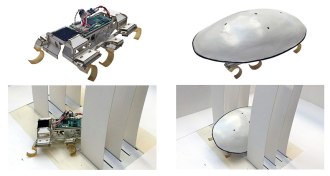 Tech
TechPlastic shell lets roach-bot squeeze through gaps
An arched shell helps a six-legged robot shimmy past obstacles.
By Meghan Rosen -
 Animals
AnimalsSeabirds may navigate by scent
Shearwaters may use olfactory cues to find islands far across the open ocean, a new study suggests.
-
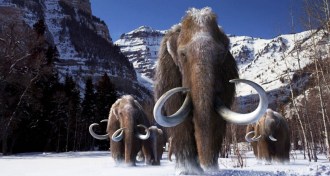 Genetics
GeneticsWhy mammoths loved the cold
An altered temperature sensor helped mammoths adapt to the cold.
-
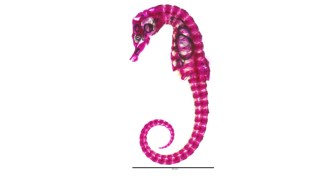 Animals
AnimalsWhy seahorses have square tails
3-D printed seahorse tails reveal possible benefits of square cross-sections for armor and gripping.
By Susan Milius -
 Neuroscience
NeuroscienceWrinkled brain mimics crumpled paper
Brains crumple up just like wads of paper, a new study suggests.
-
 Chemistry
ChemistryMissing enzyme to blame for scentless roses
The unusual enzyme behind roses’ sweet smell may help researchers revive the flower’s potent aroma.
By Beth Mole -
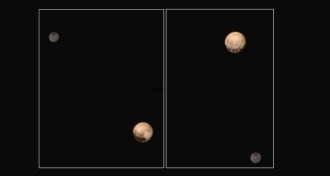 Planetary Science
Planetary SciencePluto may have spots the size of Missouri
Dark spots emerge on the surface of Pluto in recent images from the New Horizons spacecraft.
-
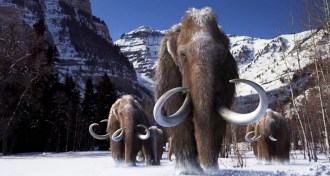 Life
LifeGenetic tweak hints at why mammoths loved the cold
An altered temperature sensor helped mammoths adapt to the cold.